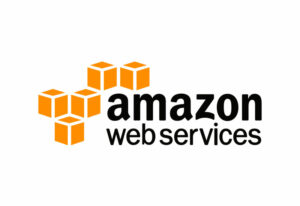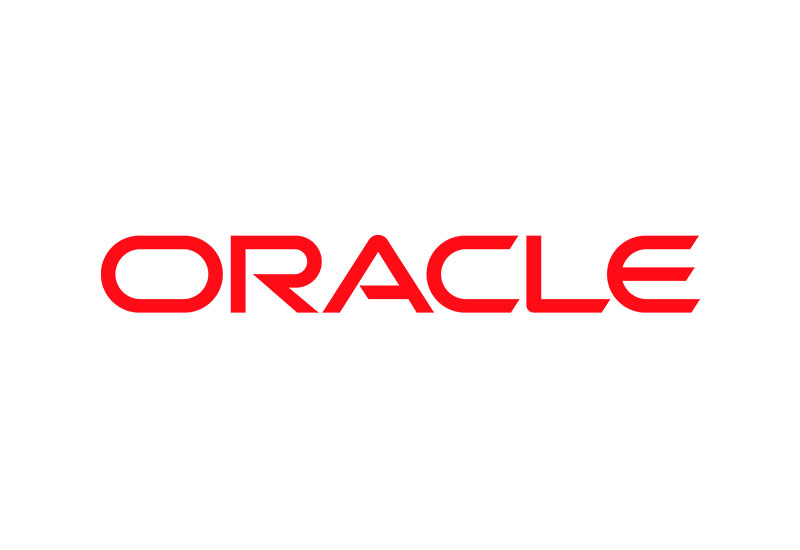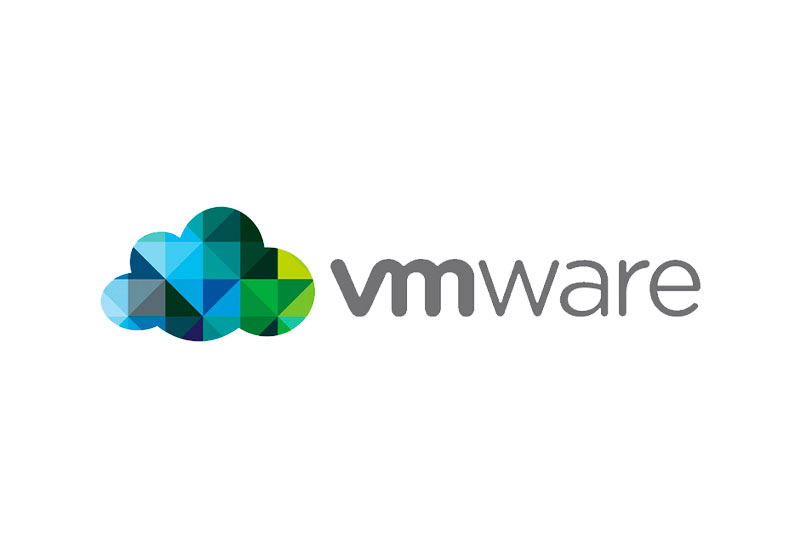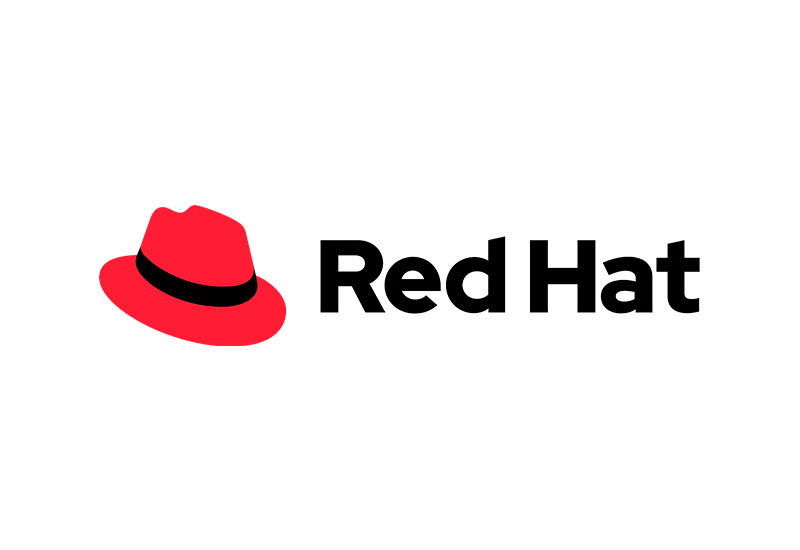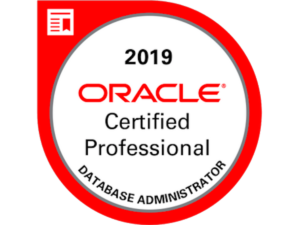Oracle Cloud Infrastructure 2021 Architect Associate
Technology provider: ORACLE
Exam: 1Z0-1072-21
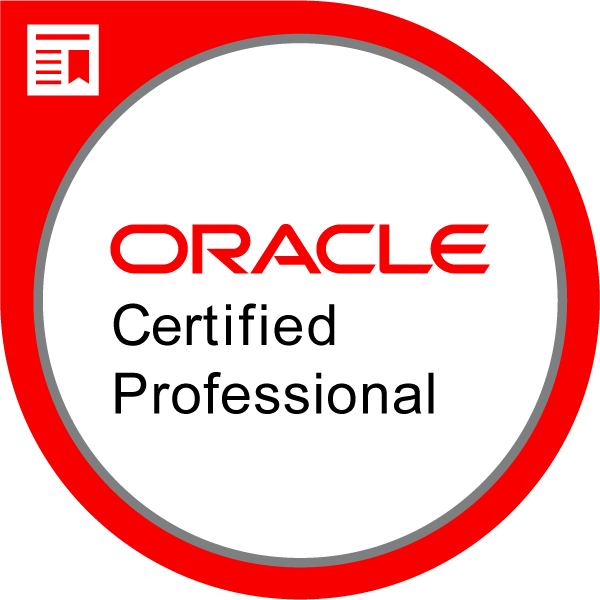
Develop key knowledge on key concepts and features of Oracle Cloud Infrastructure (OCI). Find out how OCI’s global distribution of infrastructure components can help your business.
- Start your Oracle Cloud journey by learning about its architecture and user management
- Learn about VCN basics and network security
- Learn about the concepts of Load Balancer and Traffic Management
- Learn more about OCI’s Compute and Storage options
- Autoscaling and operating system management concepts
- Dive into Oracle Cloud databases and applications.
- Protect OCI infrastructure using WAF
- Monitor infrastructure and applications using the Observability and Management platform in OCI
Audience profile
- Database administrator
- Database developer
- Oracle Specialist
Prerequisites
Solid basic knowledge in infrastructure architecture using Oracle Cloud Infrastructure services.
Intensity and Schedules
- Live virtual training.
- With an intensity of 40 hours, the training is given 3 times a week from 6:30 pm to 9:30 pm Colombia time
Module 1: Identity and Access Management (IAM)
- Apply basic identity and access management components
Laboratory 1 : Creation of Users, groups and policies, instance directors and dynamic groups.
1.2 . Explain the location of resources.
Lab 2 : IAM Resources Component
1.3 . Design Federation with Multiple Identity Providers
Laboratory 3 : ADFS, IDCS, SAML
1.4 . Apply IAM, governance, and security best practices
Laboratory 4 : Audit, encryption.
Module 2: Networking
2.1 . Apply design concepts related to VCN components.
Lab 1 : Networking including Subnets, Routing Tables, Security Lists, and DNS Options
2.2 . Describe public and private IP addresses and virtual NICs
Laboratory 2 : Reserved public and private IP
2.3 . Apply VCN Connectivity Options
Laboratory 3 : Creation of Internet Gateway, remote peering connections, and local peering gateways, NAT and gateway service.
2.4 . Understand remote network connectivity
Lab 4 : VPN and FastConnect using Dynamic Routing Gateway (DRG), connecting to on-premises environments
2.5 . Apply OCI Load Balancer Concepts
Laboratory 5 : Listeners, backend sets, health checks, public and private load balancers, high availability design practices.
2.6 . Apply OCI networking best practices
Laboratory 6 : Load balancing, VCN peering, VPN, FastConnect, fault tolerance
Module 3: Compute
3.1 Understand computation and dimensioning
Laboratory 1 : Best practices, available OCI shapes, network bandwidth, SLA, NVMe, performance
3.2. Troubleshoot options using console connections and boot volume.
Lab 2 : Console connection options and boot volume management
3.3. Design high availability and disaster recovery solutions
Laboratory 3 : Fault domain, availability domains, cross region, instance pools.
3.4. Describes the imaging options
Laboratory 4 : Oracle provided, customer provided, custom images, BYOI
Module 4: Storage
4.1. Understand OCI storage options
Lab 1 : Storage best practices, storage performance metrics, block volumes, object storage, file storage service.
4.2. Design storage solutions for applications and databases.
Laboratory 2 : Explain according to the use case, the performance and scalability of the storage to be used.
Module 5: Database
5.1 . Describe the OCI database options.
Laboratory 1 : Best practices, sizing, Autonomous Transaction Processing (ATP), Database Systems, Autonomous Data Warehouse (ADW).
5.2. Explain OCI database operations
Laboratory 2 : Backup/restore, patching and Migration, Data Loading for ATP and ADW
5.3. HA and DR Solution Architect
Lab 3 : Explain how RAC, Data Guard works in the Oracle Cloud.
5.4. Autonomous database management
Laboratory 4 : ATP, ADW.
Module 6: Advanced Database
6.1. Use advanced database features such as Data Guard, BYOL, Data Encryption, RAC, and Exadata
Module 7: Architecting Best Practices
7.1. Architect High Availability (HA) using OCI7.2. Design for Security using OCI.
Certification Details
This certification validates a deep understanding of OCI services to get the infrastructure up and running and provides a competitive advantage in the industry. Up-to-date OCI training and hands-on experience is recommended. This certification is available to all candidates.

